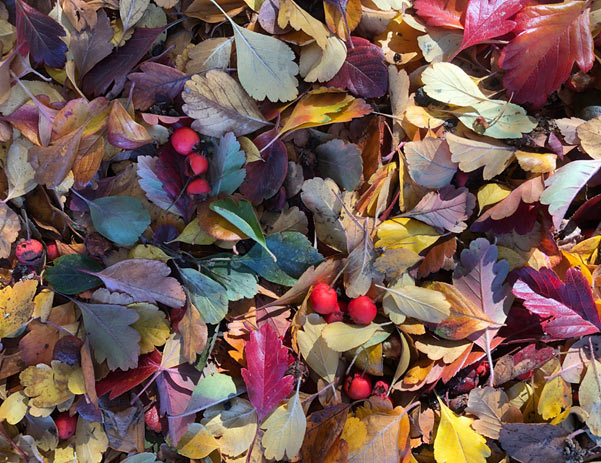Sadly and devastatingly, my very good friend Sue has inoperable brain cancer and only has a few months to live. Watching the grace with which she is handling this is nothing short of awe-inspiring. She refuses to have anything to do with my sadness about her condition and wants us to celebrate every last moment we have together. This is also the message she is giving to others in her life, including a large group of friends she made while working abroad in Vietnam. When I went to visit her the other day, she told me with much delight about a surprise package containing some carefully chosen gifts she had received from this group. Sue asked me to read out the many messages that were sent. Each one was a message of gratitude for what Sue means to them and a celebration of their time together. In Sue’s words, “This is all I want to know”.
My experiences with Sue have left me thinking a lot about the interplay between grief and gratitude, as have the many instances of grief on a world scale with the huge losses of life and livelihood. During the 30-day gratitude practice in April, many asked me questions about the relevance of gratitude when we are grieving. Surely it’s inappropriate to try to be grateful for such deep pain when one loses a loved one?
They are right of course. Such questions give us an opportunity to gain clarity about what gratitude really is. For me, it’s not just a feeling, and certainly it’s not about being grateful all the time. So it’s never a matter of replacing feelings of grief with feelings of gratitude. This would be both inappropriate and inauthentic. Gratitude is an outlook, a way of being. We can be feeling grief, but also have a grateful outlook that helps us to appreciate the person and all they have given us. One does not discount the other.
Gratitude is also an action. I am sure that Sue’s friends were grieving about the news that she isn’t going to be with us for much longer, but they also took action to express their gratitude to her. When we take such action, it can help us to deal with the grief more easily. We aren’t as debilitated, because we are doing something positive.
It’s also important to acknowledge that we don’t necessarily have to be grateful for our loss or the pain associated with it. In other words, we don’t need to go into the eye of the storm to find our gratitude. Rather, we try to find gratitude where we can – outside the painful situation – for our children, happy memories, our own health, friends, our garden, where we live, the sunrise, a smile. One of the best ways to deal with grief is to build our gratitude in areas where we can find it, as this gives us more resilience in facing our pain.
Some might feel that this is being disrespectful to the memories of those we have lost, that grief is grief and there is no room for any positive feelings. Again, I want to emphasise that I am not saying that we shouldn’t be grieving or feeling any of the feelings that are real and authentic to us. I’m just suggesting that there is space for us to attend to other feelings. My friend Sue is saying that she only wants me to feel grateful for the time we have had together. If we are able to move past our grief, our gratitude may be a richer way of honouring those who have died.
It might be helpful to ask ourselves how the person who has died would like us to be. If we are consumed by grief, we may miss opportunities to celebrate their life and all they have given to us and others. Our gratitude gives that life more purpose. There might also be others in our lives who need us to have the capacity for both grief and gratitude. Grief takes us into ourselves, and we can feel that all we want to do is curl up under the blankets and never get up again. Gratitude is other-orientated so it can help us to peep over the blankets and see that there is someone else who needs our attention.
I know that the content of this article might be confronting for some, especially where we’ve someone whose life has been cut short, or in the context of traumatic or widespread loss that the world is witnessing right now in the midst of the pandemic. This is not an either/or proposal or a denial of the tragedy. When the time is right, if we can find gratitude somewhere, it can propel us into action to show our love and respect for the person we have lost. Actions like Sue’s friends took can be very healing. Let’s allow grief and gratitude to co-exist.
If you want to listen to more on this topic, please follow this link to a podcast conversation I recently had with Jon Owen, CEO and Pastor of The Wayside Chapel, Sydney.
https://drkerryhowells.podbean.com/e/greif-compassion-and-gratitude-john-owen-of-wayside-chapel/





